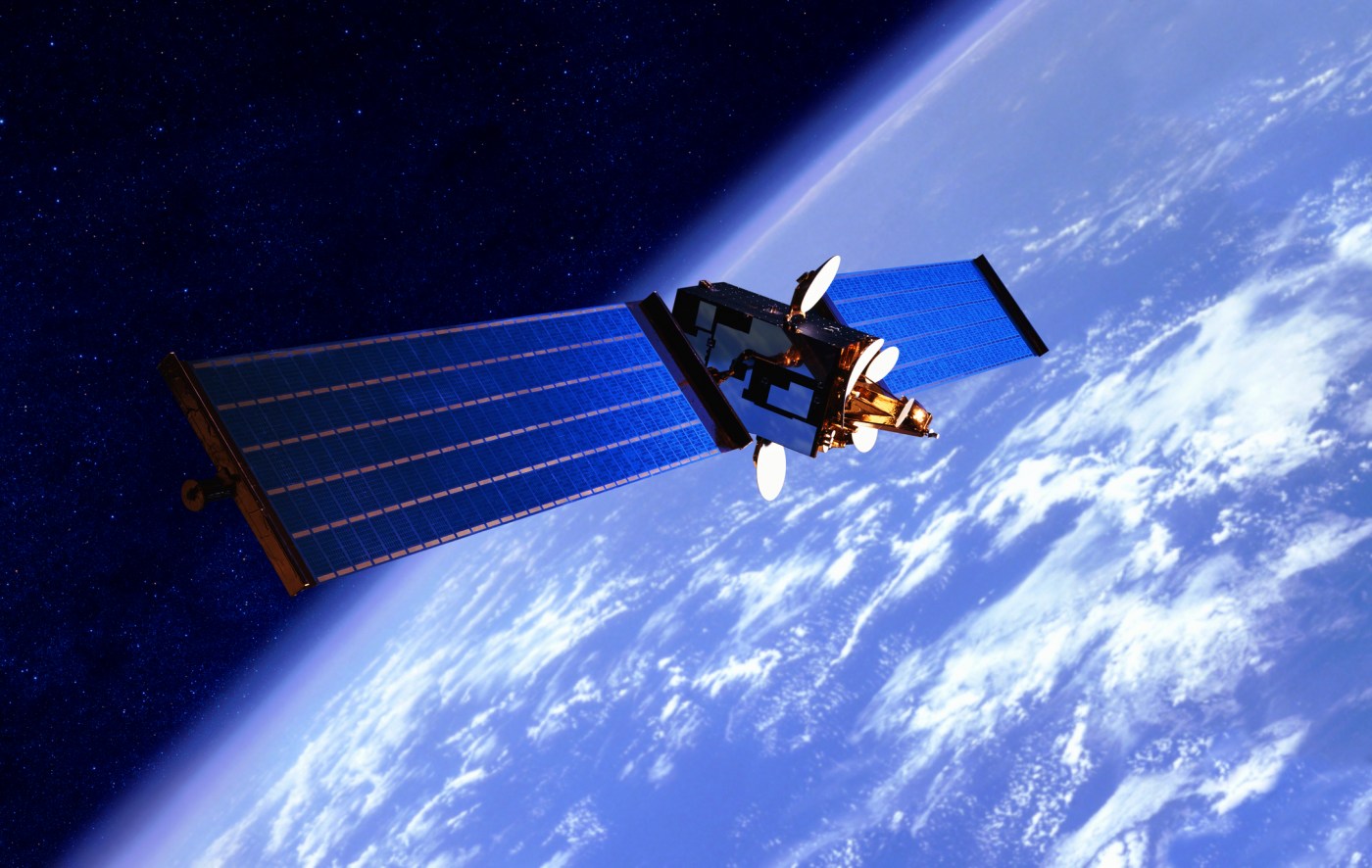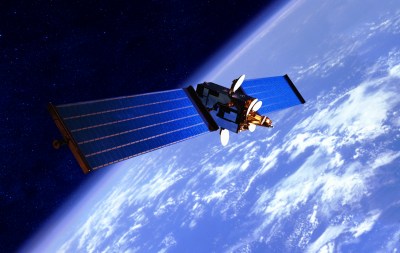Politics and space are two realms that, typically, orbit separate spheres. But GOP Rep. Mike Turner, chair of the House Intelligence Committee, has just sent a signal flare across both territories, and it’s got everyone’s antennas up. The alarm he’s sounding isn’t just about some obscure policy footnote; it’s about our safety, our tech, and maybe even the future of warfare.
On Wednesday, Turner issued a statement saying his committee had “made available to all members of Congress information concerning a serious national security threat” and that he had requested that President Biden declassify “all information relating to this threat.”
Speculation was rampant about what Turner was referring to, but his call to President Biden for openness wasn’t just another Washington whisper: It was about Russia potentially arming the heavens. We’re not just talking about satellites for spying or communications. We mean the sort of hardware that could take out those satellites, Star Wars-style. And the kicker? They might be toying with the idea of slapping nuclear capabilities on these bad boys.
As the Washington Post reported:
The Russian government has experimented with the use of nuclear explosions or directed energy to disable satellites, according to one U.S. official, who, like others, spoke on the condition of anonymity to discuss sensitive information. Experts have raised concerns that a nation could detonate a nuclear weapon in space to interfere with satellites through the emission of radiation.
It's easy to think of space as the playground of astronauts and robots, but it’s actually the unseen gears of our daily lives. Those satellites floating in the ether? They’re why you can video chat with someone across the globe or navigate the streets in your hometown without unfolding a map.
Now, Turner’s not the only one with his eye on the sky. Sens. Mark Warner and Marco Rubio, two big names on the Senate Intelligence Committee, have been tracking this too. They’re not sitting on their hands. And you can bet National Security Adviser Jake Sullivan is making sure the president is looped in, reportedly briefing the “Gang of Eight” (the chairs and ranking members of the House and Senate intelligence and armed services committees) last week.
The reason for their alarm is pretty straightforward: Our satellites are sitting ducks, and Russia’s missile tests are proof they’ve got the guns to hunt. If they decide to aim those guns at someone else’s space tech, well, it’s not just our global defense systems that would take a hit. Imagine waking up to a world where global banking systems have gone haywire and there aren’t even news broadcasts to tell you what’s going on—yeah, satellites manage those too.
The idea of nuclear weapons in space is the kind of plot twist you’d expect in a blockbuster movie, not real life. But we are facing the possibility that those weapons could black out the technology we depend on every day. These nukes can unleash electromagnetic pulses that fry circuits from afar. Without radiation-hardened defenses, our satellites are about as safe as ice cream cones in the Sahara. And if someone detonates a nuke up there, it’s not just a show of force; it’s a declaration of war.
All that said, it’s important to note that this new intelligence that has everyone in a tizzy likely gives us better insight into Moscow’s capabilities and intentions, but there’s no publicly reported reason to think this threat has become more likely or imminent.
But context also matters, and this isn’t just Turner getting some words in the wind. Right now, there’s a huge foreign aid bill on the table—$95 billion for allies like Ukraine, Israel, and Taiwan. Russia’s space saber-rattling? It’s likely to throw gasoline on the debate fire.
For the tech and commercial space sectors, the recent geopolitical developments aren’t a mere blip on the radar. They’re a clarion call to bolster defenses and prepare for a new era where high-stakes national interests are as likely to clash in the digital realm as they are on traditional battlegrounds. By proactively enhancing cybersecurity protocols, conducting thorough vulnerability assessments, and embracing cutting-edge encryption, companies can shield their operations from the kind of technological espionage and sabotage that now comes with this territory. After all, when international tensions spill over into space, it’s not just satellites at risk—it’s your business and reputation as well.
Considering this reality, a collective effort is essential. It’s incumbent upon us to acknowledge the resurgence of great power competition that’s extending into space and cyberspace. No longer can we afford to be passive observers; instead, we must actively engage with the new dynamics of global power politics. This means staying informed, being prepared, and actively participating in shaping the security measures that will define our resilience in the face of these emerging threats. It’s about ensuring that our infrastructure, both terrestrial and orbital, remains robust against the pressures of international rivalry. It’s not just the responsibility of governments or defense agencies; it’s a shared burden that demands vigilance from all sectors. Let’s rise to the challenge, understanding that these developments will increasingly become the norm and will impact us all, in ways seen and unseen.







Please note that we at The Dispatch hold ourselves, our work, and our commenters to a higher standard than other places on the internet. We welcome comments that foster genuine debate or discussion—including comments critical of us or our work—but responses that include ad hominem attacks on fellow Dispatch members or are intended to stoke fear and anger may be moderated.
With your membership, you only have the ability to comment on The Morning Dispatch articles. Consider upgrading to join the conversation everywhere.